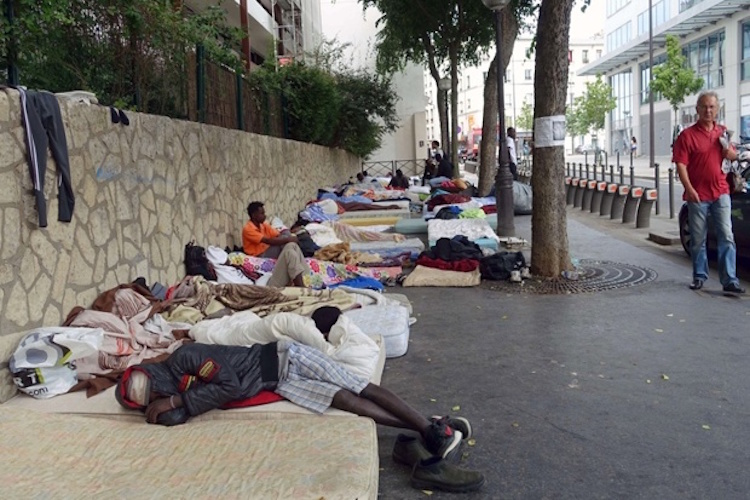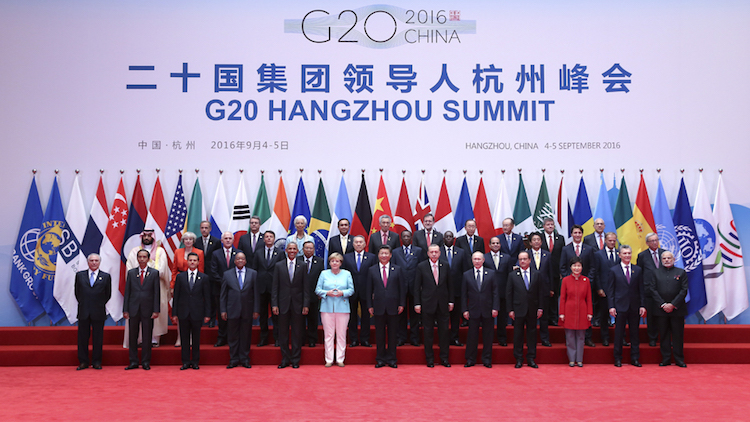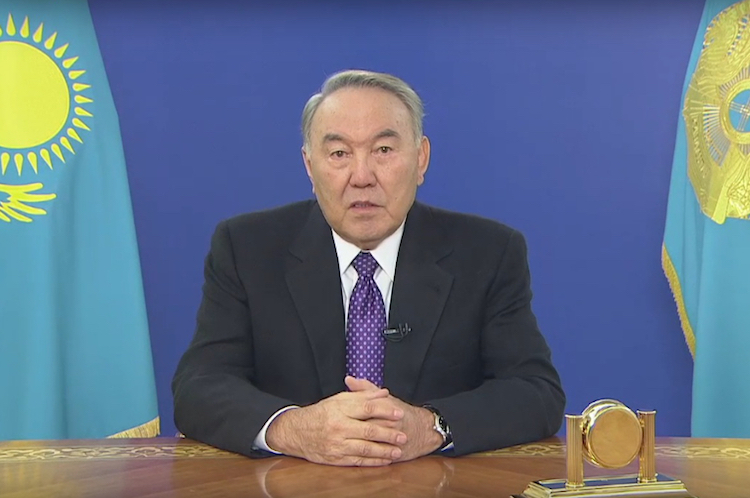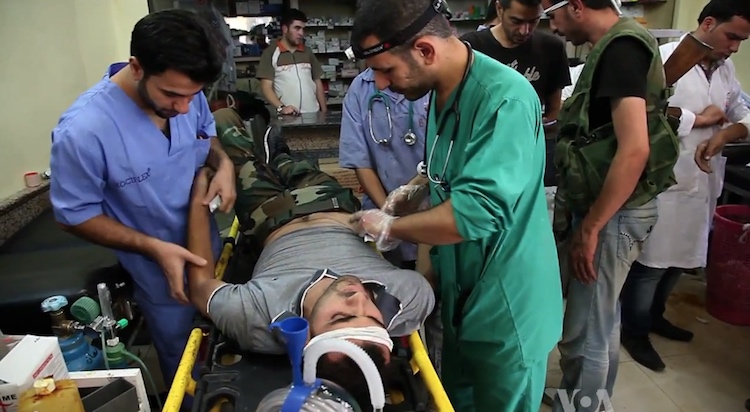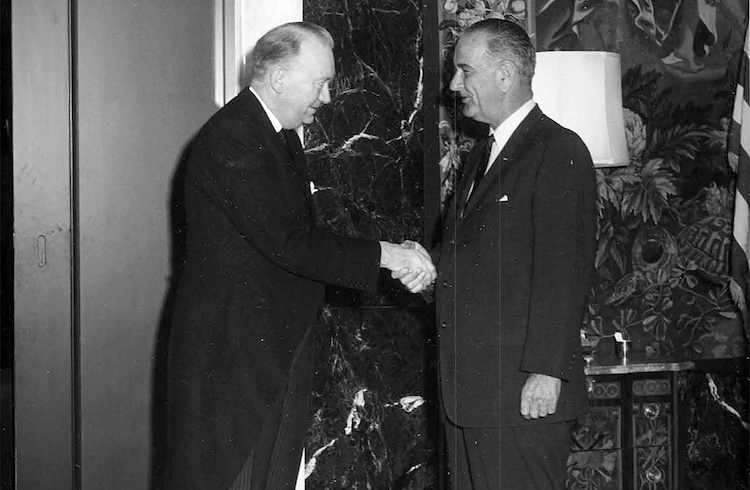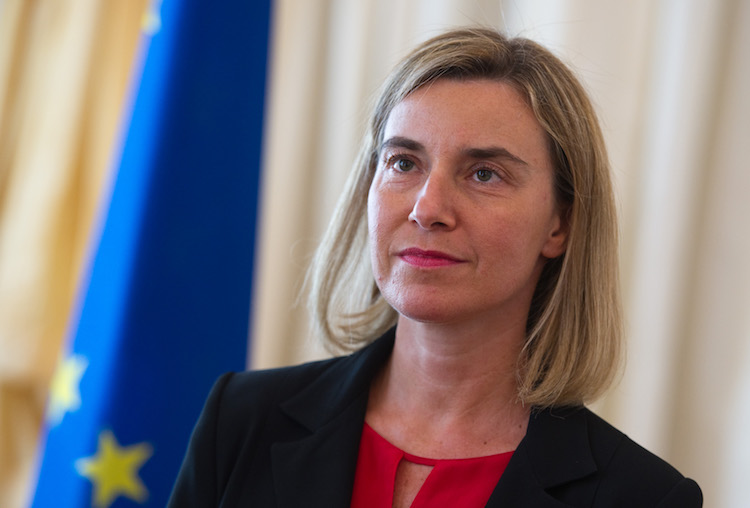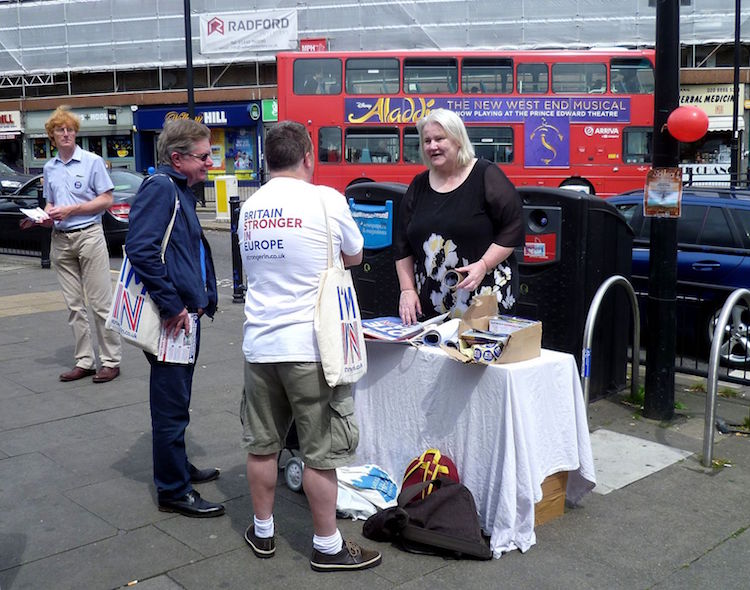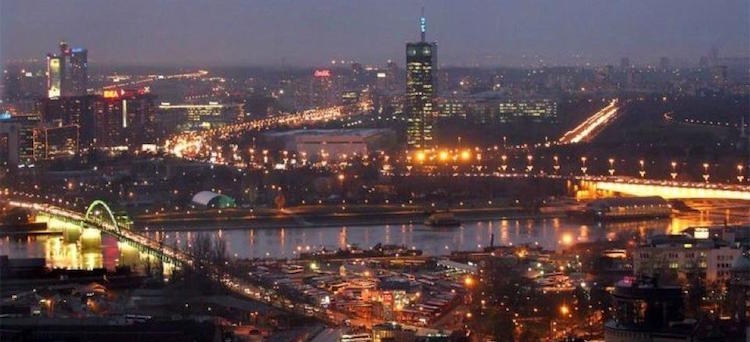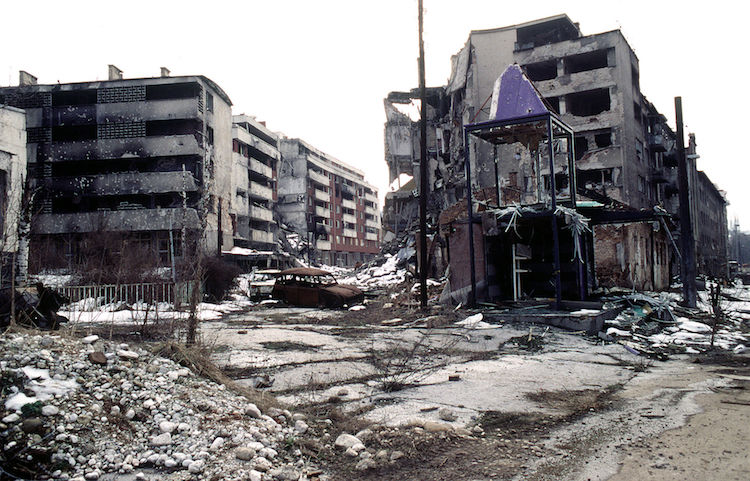By Melissa Chemam*
Note: This article is being reproduced courtesy of the Friedrich Ebert Stiftung’s online Journal ‘International Politics and Society’ published on March 7, 2017 with the headline Refugees Welcome?
PARIS (IDN-INPS) – Since the destruction of the informal settlement of refugees and transitional migrants in Calais – now known as the “Jungle”– in October 2016, the French government promised to find housing for all three to four-thousand people forced to leave the area. They have opened about 500 welcome centres to redistribute the fleeing population across the country, away from Calais, neighbouring Hauts-de-France and saturated Paris.

